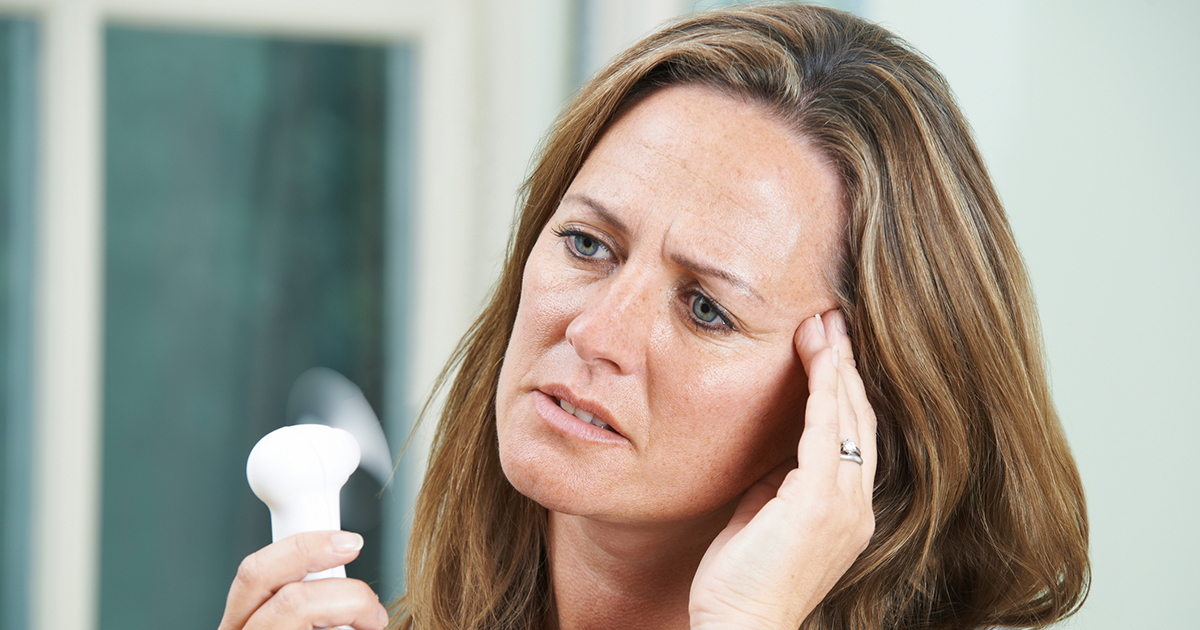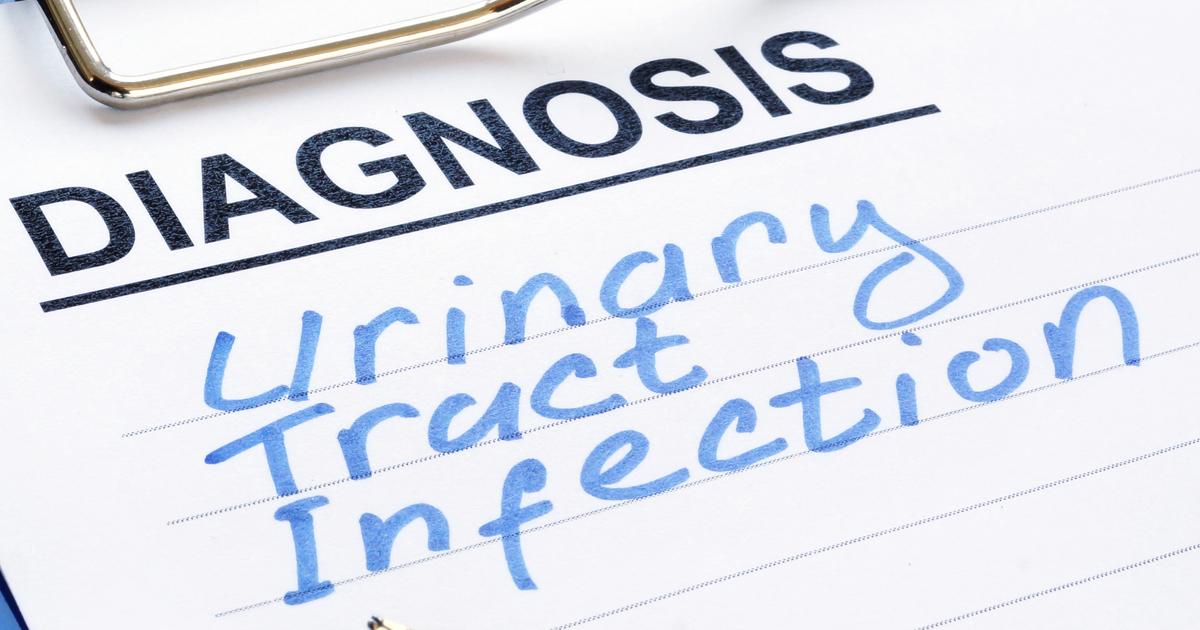What Are The Causes And Complications Of Urinary Incontinence?
Urinary Tract Infection
Sometimes temporary urinary incontinence is caused by a medical condition that can be easily treated and cured. One of the most common causes is a urinary tract infection. When the infection irritates the bladder, individuals might experience strong and sudden urges to urinate. They might need to go to the bathroom more times than usual and have trouble holding their urine. Some patients experience these symptoms severely enough for it to lead to incontinence. Urinary tract infections can develop in any part of the urinary system, including the bladder, urethra, ureters, and kidneys. The majority of these infections involve the urethra and bladder. Urinary tract infections are usually treated with a course of antibiotics. Patients should make sure to take the entire course of antibiotics, as stopping in the middle of treatment can cause the bacteria to recur and become antibiotic-resistant. Urinary incontinence, particularly when it's persistent or recurrent, also increases an individual's risk of developing a urinary tract infection.
Keep reading to reveal more causes of urinary incontinence now.
Menopause

There have been multiple studies indicating menopause is a key factor in the development of persistent urinary incontinence. Not every menopausal woman will develop urinary incontinence, but the chances of developing the condition after menopause become significantly higher than they were before menopause. This is because estrogen plays a key role in keeping the lining of the urethra and bladder healthy. Following menopause, women produce less estrogen. If the tissues lining the urethra and bladder begin to deteriorate, this can make existing incontinence worse. It can also lead to the development of incontinence in women who hadn't previously experienced it. Deterioration of the tissues might also make women more likely to contract a urinary tract infection, which in turn can cause incontinence. This also ties into some of the natural changes that occur during the aging process. Menopause typically occurs in women around fifty years old. At the same time, the bladder muscle's aging can cause a decreased capacity for urine storage.
Read more about what can trigger urinary incontinence now.
